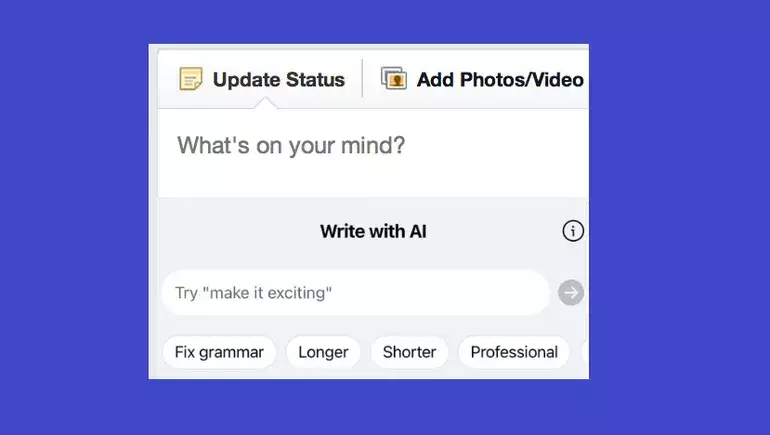The latest advancements in generative AI have given rise to a multitude of new opportunities and potential use cases. However, the question arises – do these innovations truly add value to social media apps? While there are practical applications like image editing for advertisements and generating optimized ad copy, the real concern lies in whether generative AI enhances the overall social app experience for regular users.
The Issue of Authenticity in Social Media Interactions
For years, users have voiced their grievances about spam messages flooding their DMs and artificial engagement triggered by automated anniversary and birthday updates. Such posts come across as insincere, non-engaging, and fail to contribute to the authentic social experience. Despite this, social apps are increasingly implementing generative AI to create content that users can share, mimicking genuine engagement. Platforms like LinkedIn and Facebook are experimenting with AI-powered post composers, enabling users to publish updates written by AI. But why would people want to post robot-generated responses and pass them off as their own thoughts and opinions?
The Proliferation of Spam and Scam Content
While spammers, scammers, and engagement farmers may benefit from these tools, the fundamental question remains – do such posts truly enhance social media interaction? The focus appears to be shifting towards creating novelty content such as profile images depicting users as 18th-century warriors. While this may initially seem interesting, the constant generation of generative AI images portraying users in fictional scenarios raises the question of how disconnected these virtual representations are from reality.
Social media, at its core, is intended to foster social interactions among humans, allowing individuals to share their experiences, thoughts, and emotions. The essence of social media lies in human connectivity, enabling people to relate to one another and feel more engaged with the world around them. However, the increasing integration of AI-generated content raises concerns about the dilution of human input in the social media landscape. As platforms like LinkedIn focus on AI-centric product development, the reliance on bot-generated content continues to grow, detracting from the organic human element that was once intrinsic to social media interactions.
The inevitable progression towards increased AI integration in social media platforms poses a threat to the authenticity and human connection that underpinned these platforms’ original purpose. As AI continues to evolve and iterate on the latest trends, the risk of automating social interactions and diluting human engagement looms larger. While AI tools undeniably offer practical benefits, stripping away the human element from the content creation process undermines the true value of social media. As the shift towards generative AI unfolds, it is crucial to consider the implications and ensure that the essence of social interaction is not sacrificed in pursuit of technological advancement.


Leave a Reply